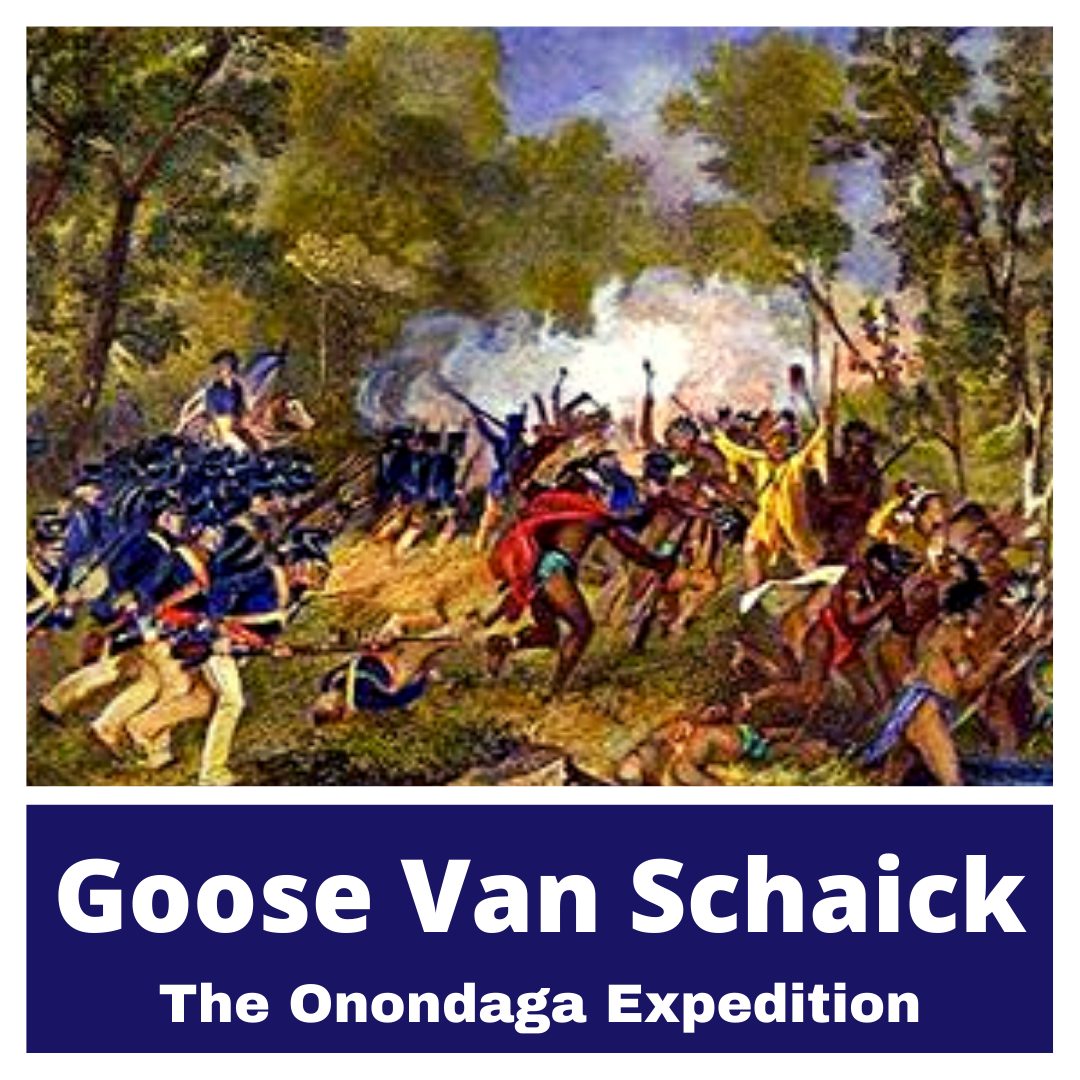Thomas Hart Flandrau was a young man who spent a brief time sharing a law practice with Aaron Burr.
All tagged New York
Samuel Latham Mitchill Publishes the First Medical Journal in America
Samuel Latham Mitchill was a Physician who published the first Medical Journal in the Early Republic.
William Livingston Governs New Jersey
William Livingston was perhaps the most powerful man in New Jersey during the American Revolution.
Goose Van Schaick Leads The Onondaga Expedition
Goose Van Schaick’s most important assignment led him against the Native Americans of the Onondaga Tribe.
Samuel Kirkland - Preacher on the Frontier
Samuel Kirkland was a Presbyterian minister who moved to the Mohawk Valley in Upstate New York just as tensions were heating up with the British.
Bunking With Hamilton - Robert Troup Revolts With His Roommate
Robert Troup was a college buddy of Alexander Hamilton who also participated in the Revolutionary War.
The Tragic Patriotism of Ann Fisher Miller
Despite great personal loss, Ann Fisher Miller played host to the Continental Army on multiple occasions.
Nathaniel Prime Stocks The Erie Canal
Nathaniel Prime was one of the most important early money men in the United States.
James Duane and Post-War New York City
James Duane was a Signer of the Continental Association and Articles of Confederation.
Nicholas Low Clears His Family's Name
Nicholas Low attempted to stay neutral during the American Revolution (as his brother was a Loyalist) but played an important role as a bookkeeper for Rufus King.
Richard Bayley Survives the NYC Doctors Riots
Dr. Richard Bayley may have been a Loyalist, but his contributions to medicine in post-war New York City was critical to the American Founding.
Henry Cruger Fights For The Patriots Within Parliament's Walls
Henry Cruger, Jr. was the only colonist to be both a member of Parliament and a State Senator.
Philip Pell and the End of the Articles of Confederation
Philip Pell was the only Continental Congressman to attend the last meeting before the Constitution went into effect.
Rufus King - The Final Federalist
Rufus King was a Constitution Signer and the most prominent Federalist during the waning days of the party.
Jeremiah Van Rensselaer Can't Help Reclaim Land
Jeremiah Van Rensselaer was an original member of the US House of Representatives and a Lieutenant Governor of New York.
Robert R. Livingston - The Chancellor
Robert R. Livingston was involved with declaring independence, Washington's oath of office, and the Louisiana Purchase.
A Spy in Tailor's Clothing - Hercules Mulligan
Hercules Mulligan was an American spy who used his tailor shop to obtain information from British Officers.
Morgan Lewis Campaigns Against Vice Presidents
Morgan Lewis was a Governor of New York and a Major General during the War of 1812.
Vice President Daniel D. Tompkins Drinks Himself to Death
Daniel D. Tompkins was the sixth Vice President of the United States.
Former Chancellor John Lansing Vanishes
John Lansing walked out of the Constitutional Convention because he believed it’s members were exceeding their power.



















